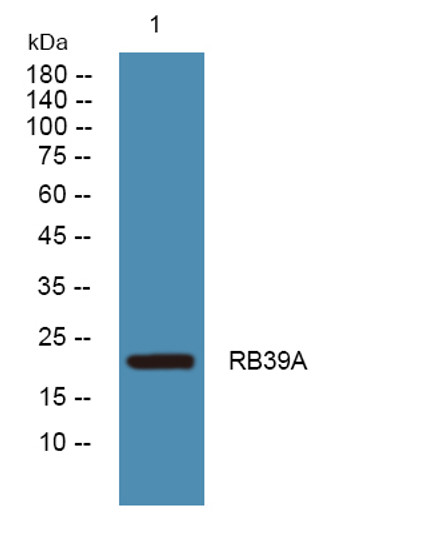| Function | Golgi ceramidase that catalyzes the hydrolysis of ceramides into sphingoid bases like sphingosine and free fatty acids at alkaline pH. Ceramides, sphingosine, and its phosphorylated form sphingosine-1-phosphate are bioactive lipids that mediate cellular signaling pathways regulating several biological processes including cell proliferation, apoptosis and differentiation. Has a better catalytic efficiency towards unsaturated long-chain ceramides, including C18:1-, C20:1- and C24:1-ceramides. Saturated long-chain ceramides and unsaturated very long-chain ceramides are also good substrates, whereas saturated very long-chain ceramides and short-chain ceramides are poor substrates. Also hydrolyzes dihydroceramides to produce dihydrosphingosine. It is the ceramidase that controls the levels of circulating sphingosine-1-phosphate and dihydrosphingosine-1-phosphate in plasma through their production by hematopoietic cells. Regulates cell proliferation, autophagy and apoptosis by the production of sphingosine and sphingosine-1-phosphate. As part of a p53/TP53-dependent pathway, promotes for instance autophagy and apoptosis in response to DNA damage. Through the production of sphingosine, may also regulate the function of the Golgi complex and regulate the glycosylation of proteins. |
| Protein Name | Alkaline Ceramidase 2Alkcdase 2Alkaline Cdase 2Hacer2Acylsphingosine Deacylase 3-LikeN-Acylsphingosine Amidohydrolase 3-Like |
| Database Links | Reactome: R-HSA-9845614 |
| Cellular Localisation | Golgi Apparatus MembraneMulti-Pass Membrane Protein |
| Alternative Antibody Names | Anti-Alkaline Ceramidase 2 antibodyAnti-Alkcdase 2 antibodyAnti-Alkaline Cdase 2 antibodyAnti-Hacer2 antibodyAnti-Acylsphingosine Deacylase 3-Like antibodyAnti-N-Acylsphingosine Amidohydrolase 3-Like antibodyAnti-ACER2 antibodyAnti-ASAH3L antibodyAnti-PP11646 antibody |
Information sourced from Uniprot.org












